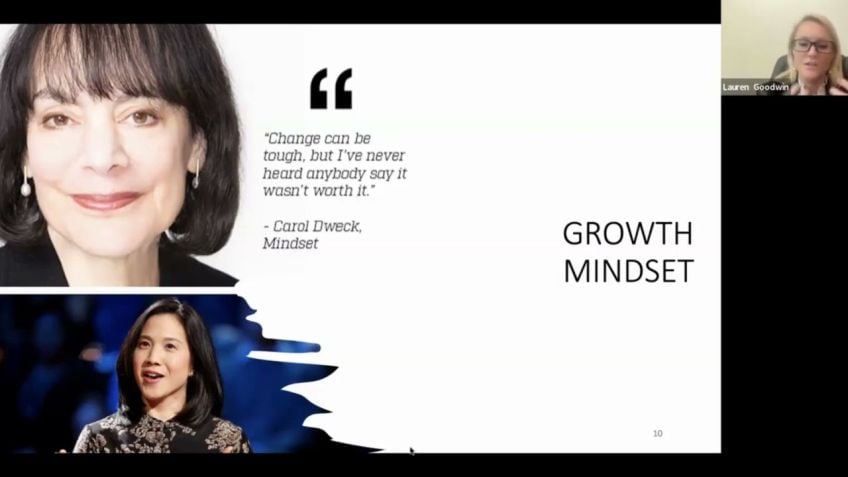- Career Path
- Cognitive Psychologist
Cognitive Psychologist
Career Path: Cognitive Psychologist
Cognitive Psychologists are professionals who study the human mind and how people acquire, process, and store information. They often work in academic settings, research laboratories, or clinical environments, utilizing their expertise to understand and improve mental processes such as memory, problem-solving, and decision-making.
Opportunities for Cognitive Psychologists are diverse, with the potential to contribute to research, academia, healthcare, technology, and more. In research and academia, cognitive psychologists may conduct experiments to better understand mental processes, publish research papers, and teach courses related to cognition and psychology. In healthcare, they can contribute to providing valuable insights and support for patients with cognitive disorders. Additionally, with the increasing focus on human-computer interaction, there are opportunities for Cognitive Psychologists in the technology sector to design interfaces that optimize user experience based on cognitive principles.
To pursue a career as a Cognitive Psychologist, individuals should possess a strong foundation in psychology, research methodology, statistical analysis, and critical thinking. Other valuable skills include attention to detail, communication, problem-solving, and the capability to integrate knowledge from various disciplines. A passion for understanding human behavior and mental processes is also crucial for success in this field. By continuing to build these skills and staying updated on advancements in cognitive psychology, individuals can pave a rewarding career path as a Cognitive Psychologist.


